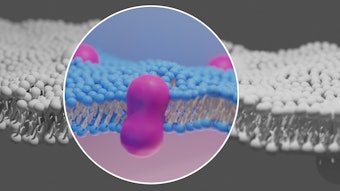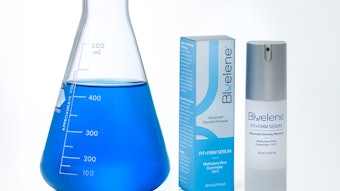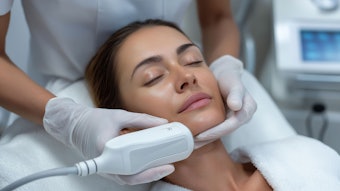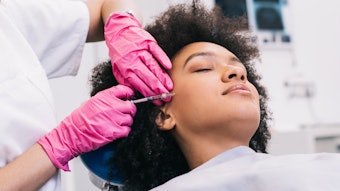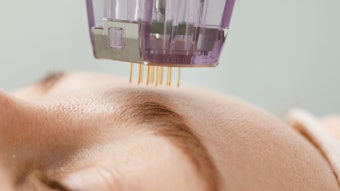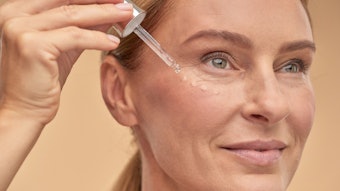
The American Academy of Dermatology (AAD) has updated its guidelines for the management of acne vulgaris after a systematic review which resulted in 18 evidence-based recommendations and five good practice statements. Strong recommendations are made for topical benzoyl peroxide, retinoids, and/or antibiotics and their fixed-dose combinations and for oral doxycycline.
Oral isotretinoin is strongly recommended for severe acne, acne-causing psychosocial burden or scarring, or acne failing standard treatment with oral or topical therapy. This is the first update to the AAD guidelines since 2016.
Related: American Academy of Dermatology Updates Guidelines for Management of Adults with Atopic Dermatitis
The objective of the January 2024 study was to provide evidence-based recommendations for the management of acne. The researchers conducted a systematic review and applied the Grading of Recommendations, Assessment, Development, and Evaluation approach for assessing the certainty of evidence and formulating and grading recommendations.
Along with the strong recommendations, there were also conditional recommendations made for the use of topical clascoterone, salicylic acid, azelaic acid, oral minocycline, sarecycline, combined oral contraceptives, and spironolactone.
Using topical therapies combining multiple mechanisms of action, limiting systemic antibiotic use, combining systemic antibiotics with benzoyl peroxide and other topical acne therapies and adjuvant intralesional corticosteroid injections are recommended as good clinical practices.
Prior Studies on Acne Medications
Prior studies have stated that oral antibiotics are the most commonly prescribed systemic treatment for acne, particularly among non-dermatologists. Due to concerns about antibiotic overuse, there has been interest in considering alternatives such as hormonal therapy and earlier initiation of isotretinoin. However, little is known about more recent trends in prescribing patterns of systemic treatments, according to a 2023 study in JAMA Dermatology.
Another 2023 study in JAMA Dermatology studied 142 adults taking acne medication to evaluate the structural validity, internal consistency and construct validity of the DermSat-7, a questionnaire-based measure of treatment satisfaction.
At each visit, patients completed a self-administered, patient-reported outcome questionnaire, including a patient global assessment of their acne severity and the DermSat-7. At subsequent visits, patients were asked an anchor item related to the change in disease severity that was scored on a 7-point scale (–3 = much worse to 3 = much better). Also at each visit, a dermatologist completed the Comprehensive Acne Severity Scale (CASS).
The study found that DermSat-7 had good structural validity and internal consistency for each of its 3 domains (effectiveness, convenience and overall satisfaction). The effectiveness and overall satisfaction domains had stronger evidence for construct validity as assessed by convergent and known-groups validity testing.
The researchers concluded that the DermSat-7 may be an effective tool for measuring treatment satisfaction, particularly effectiveness and overall satisfaction domains, among patients with acne. Further research is needed to examine additional measurement properties of the DermSat-7, such as content validity and interpretability, as well as to validate the DermSat-7 in other populations of patients with acne.
